In a recent interview, Ghazi Hamad—a high-ranking Hamas official who is currently hiding somewhere outside of Gaza—said that the strength of the terrorist group’s so-called “resistance” comes from Israel’s inability to pressure Palestinians into submission through high casualty numbers. “They cannot defeat the Palestinian people even if they killed another 20,000, another 100,000,” Hamad said in a translated excerpt. “The Palestinian people are still steadfast.”
Palestinian activists and commentators online were immediately incensed and outraged by those remarks, which perfectly encapsulate Hamas’ disregard of Gazans in the coastal enclave as expendable pawns for their heinous Islamist agenda. But Hamad’s view is not uncommon. I recently had a conversation with a senior diplomat from an Arab nation serving in a Western capital, who spoke of Hamas leader Yahya Sinwar’s “brilliance” in having made the entire world empathetic to the Palestinian cause. “In the past, I used to only see 100 people protesting for Palestine from my office’s balcony downtown,” the diplomat said. “And now, I’ve regularly been seeing over 10,000 easily.”
As we approach the one-year mark since October 7, we’ll remember Hamas’ horrendous massacre of Israeli communities in the Gaza Envelope. The ruthless calculus and unapologetically masochistic demeanor of Hamas was on full display for the entire world that day. It was, perhaps to the surprise of many, also on display for Palestinians in Gaza.
The unacknowledged irony, as I explained to the diplomat, is that the people of Gaza most certainly do not see in Hamas’ atrocities any form of success, not while they are the ones paying the unbearable price of Sinwar’s sick and twisted strategies. Most people in Gaza—my home until I moved to the United States as a 15-year-old exchange student and where my immediate and extended family continued to live—do not want to be “martyrs” on behalf of Hamas and the Iranian-led “Axis of Resistance.” Gazans dream of the prosperous lives that were robbed of them.
One of the biggest obstacles to recognizing this, however, has been the infamous polls by the Palestinian Center for Policy and Survey Research (PCPSR). Led by the prominent Palestinian pollster Khalil Shikaki, the PCPSR has long been considered one of the few supposedly reliable sources for assessing Palestinian public opinion. Its surveys have painted an inaccurate, dehumanizing, and disturbing picture: Allegedly, a majority of the Gaza Strip’s population supported the October 7 attack against Israel and continued Hamas control of the enclave.
Unsurprisingly, Shikaki’s polls were used to present the people of Gaza as intrinsically supportive of a nihilistic and suicidal terrorist organization. Many within Israel, including military leaders, have attributed support for Hamas to radicalization and brainwashing among the Gazan public. As a result, traditional counterinsurgency campaigns focused on winning hearts and minds were dismissed as ineffective given Hamas’ deep-seated support. In part because of the PCPSR polls, Israeli decision-making and war planning opted for mass destruction and acceptance of a civilian death toll in Gaza that even Israeli Prime Minister Benjamin Netanyahu conceded in May was above 15,000.
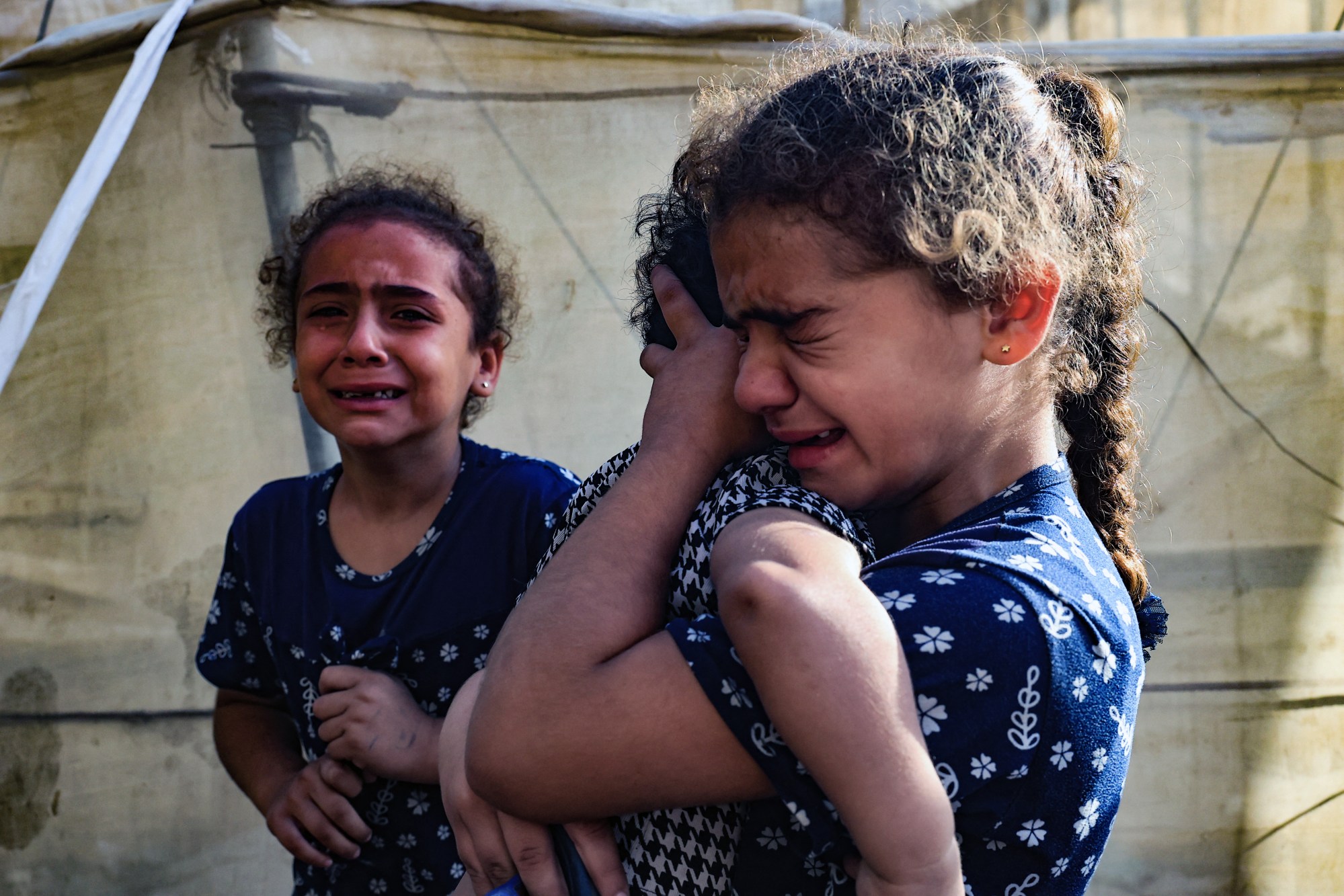
But last month, the IDF alleged it found documents that showed how Hamas was falsifying and manipulating the results of the PCPSR polls, overstating Palestinian approval of the October 7 massacre by some 40 percentage points. “These documents are part of a systematic process,” the IDF claimed in a statement, “the purpose of which is to disguise the collapse of [Hamas], and the collapse of public support for it.”
The findings should not have been surprising. Through my work in the coastal enclave, I’ve long seen how Hamas has, directly and indirectly, manipulated public opinion to manufacture the perception of widespread support, whether through the use of trolls, social media groups, or counterintelligence agents. But common sense alone should have been enough to see through Hamas’ facade of widespread popularity. How could a population continue supporting the very organization that has made their lives a living hell? After all, Hamas has brought unprecedented death and destruction upon Gazans, not to mention 15 years of failed governance, poverty, a blockade, and unemployment. The Islamist group is so deeply despised by the majority of the population—including, in recent months, by those who may have historically supported the group.
The infamous 2006 elections that first swept Hamas to power—which took place before half of the enclave’s current population was even born—were much more indicative of Palestinians’ disapproval of the Palestinian Authority than their enthusiastic backing of Hamas itself. Once the Islamist group began consolidating its grip on Gaza and civilians began experiencing the consequences of life under Hamas’ rule—prioritizing “resistance” over governance and blaming all failures on Israel—the group’s popularity gradually waned.
Over the past year, it’s cratered. The Tony Blair Institute, for example, commissioned Zogby Research Services to survey Palestinians in July and August—conducting “face-to-face polling across the West Bank, East Jerusalem, and the Gaza Strip”—and the results were astounding. Only 7 percent of Palestinians in Gaza told pollsters they wanted Hamas to continue governing the coastal enclave, and almost 9 in 10 (87 percent) said Hamas is responsible for the current conflict in the Strip—slightly more than said Israel is responsible. More than 8 in 10 said they would not consider taking a job with Hamas. The findings seem to confirm what I’ve long known: that the Palestinian people in Gaza are seeking change and a different future away from Hamas.
My own anti-Hamas sentiments and views are shared by large segments of the population in the Gaza Strip, far greater than a mere simple majority, who hope that the group can never again hold them hostage to its political failures and ideological extremism. Most, however, are afraid of speaking out. For one, doing so in an undemocratic society under an Islamist authoritarian group is incredibly dangerous. Furthermore, the tribal mindsets that proliferate in Gaza’s illiberal society make it difficult for Palestinians to speak out against their own people amid a horrendous war with Israel, whom they do not want to be perceived as siding with.
Most concerning of all is that, despite being so clearly falsified and manipulated, the PCPSR polls—as well as videos depicting a few thousand Palestinians celebrating Hamas’ attacks as though all Palestinians were on board—were successfully used to propagate the entrenched narratives of hardliners on both sides of the conflict. The data were especially potent in demonizing the people of Gaza and fueling the narrative that Palestinians could only be salvaged through a dramatic process of deradicalization. But as a Palestinian with ties to Gaza, I can tell you: They are not cheering for Hamas. Unfortunately, until now, no one listened.
Observing the severe disconnect between what the people of the coastal enclave truly think and the perceptions of Gazans from actors in the West has been heartbreaking—particularly from the hordes of global “pro-Palestine” activists. These “activists” proclaim from the safety of their lives in the Western world that the “resistance” is justified. Yet it is the Palestinians in Gaza who continue to suffer the deathly consequences of Hamas’ supposed “resistance”—and there’s no end to their misery in sight.
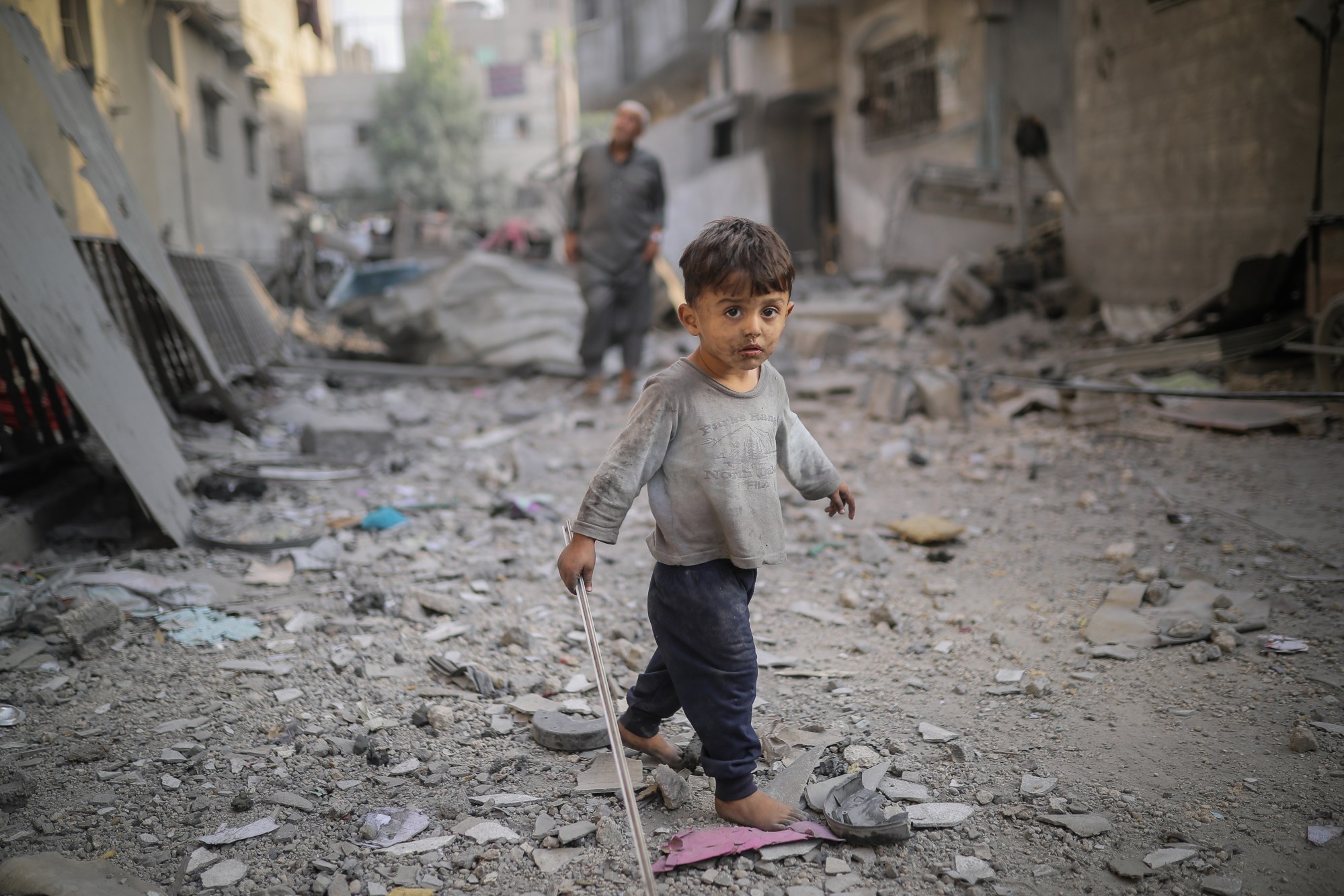
But I am glad the inaccuracy of these PCPSR polls is being uncovered, as Gazans’ rejection of Hamas is proof that the people of the coastal enclave are not entirely “radicalized.” In fact, they are tired of being used as pawns in a never-ending “resistance” project that has turned their lives into a perpetual cycle of death, suffering, hardship, and isolation. Gaza’s people, especially its youth, see what the rest of the world looks like and want a life similar to that of their peers in many other nations. Should Gaza ever become open to the outside world and be given a genuine chance to thrive and prosper without choking control by Hamas and political subjugation by Israel and Egypt, radicalization trends can and will be quickly reversed.
Indeed, Gazans have not fallen prey to the ineffective, destructive, and murderous thugs of Hamas, despite every effort made by the group to break their steadfast commitment to life rather than the Islamist group’s cult of death. What I see in this moment of such darkness and pain is that there is still reason for us to remain hopeful that we will transform Gaza’s people and territories into the beating heart of a future Palestinian state free from the bloody clutches of Hamas.

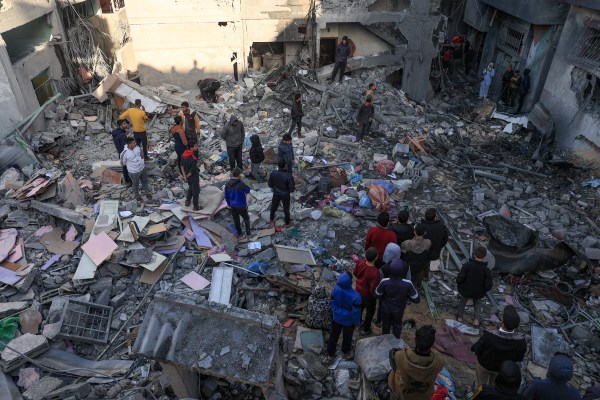
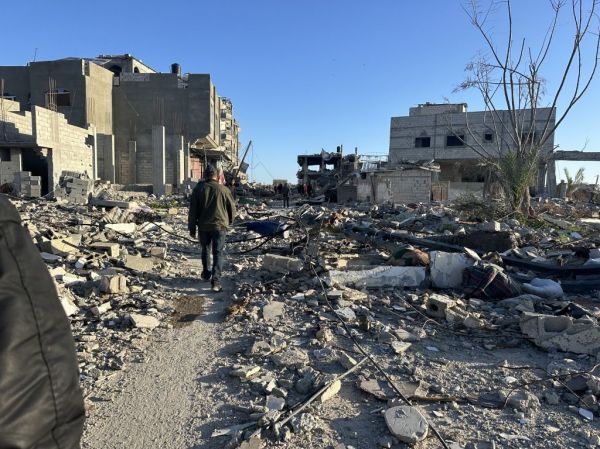
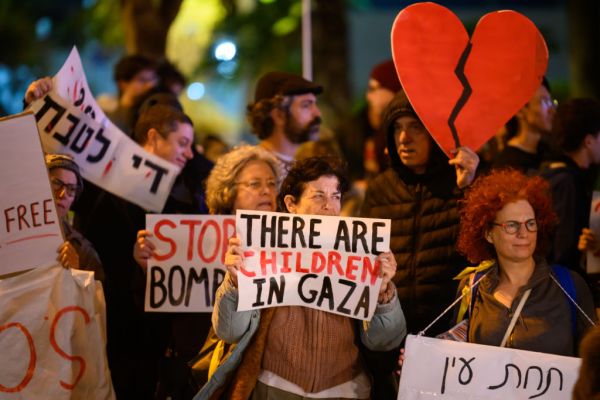

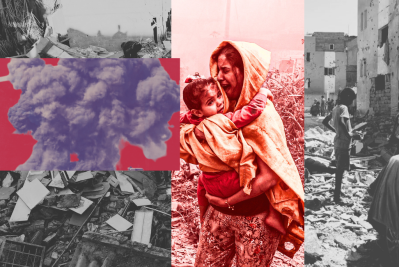
Please note that we at The Dispatch hold ourselves, our work, and our commenters to a higher standard than other places on the internet. We welcome comments that foster genuine debate or discussion—including comments critical of us or our work—but responses that include ad hominem attacks on fellow Dispatch members or are intended to stoke fear and anger may be moderated.
With your membership, you only have the ability to comment on The Morning Dispatch articles. Consider upgrading to join the conversation everywhere.